Selamat pagi kepada:
• Pendeta Henri Napitulu
• Pendeta Dr. Victor Tinambunan
• Bapak Prof. Dr. Ansari Yamamah dari UINSU
• Bapak Dr. Warjiyo dari USU
• Bapak Brillian Moktar dari Walubi
• Pimpinan Gereja
• Para Pemuka Agama
• Dan hadirin semua,
Saya Bernard Uadan, Konsul AS untuk Sumatra.
It is my honor to be here and to address you all in this interfaith forum hosted by the HKBP Medan-Aceh church that calls for our collective effort to make our service to the community more inclusive, especially to the underserved.
Before I came to Medan, I heard about the rich diversity of this city and the peaceful coexistence among the people from different backgrounds. I am happy that today I get to witness how different religious communities are not only championing tolerance but also coming together to bring the greater good to society.
I commend the HKBP church for initiating this bold initiative to serve all, as taught by our respective religions. As we know, it is one of the core teachings in Christianity, Islam, and Buddhism to care for the sick, the poor, and those deemed outcast by society, such as people with disabilities. For too long, individuals with disabilities have been marginalized and their contributions overlooked. But as persons of faith, we are called upon to create a more equitable and compassionate society—one where every person can not only exist but also thrive.
In the U.S. Consulate in Medan and in the U.S. Embassy in Jakarta, we strive to highlight diversity, equity, inclusion, and accessibility in our offices and programs. We start asking ourselves: in what ways can we make this event or program more inclusive? For example, in addition to inviting people with disabilities to attend events and programs, we are now inviting talented students with disabilities to volunteer at these events, too. We set up a wheelchair accessible ramp every time I host an event at my residence, even though we don’t know if anyone will be using it, because we want to ensure accessibility. The Embassy also provides reasonable accommodation in our exchanges for people with disabilities. There’s a professor from Padang with multiple sclerosis who is currently doing research in the US with the Fulbright Visiting Scholars program. Last year, we sent the head of the Disabled People Association of North Sumatra (PPDI) with mobility impediments for an IVLP exchange program in the U.S.
Those things don’t require extraordinary effort, and they don’t have to be perfect the first time. It just requires us to keep in mind that we can indeed, with small adjustments, within our personal and institutional capacity, make our events, programs, and services more inclusive.
I heard that many religious communities have centers to help orphans, children with special needs, senior citizens, people with addictions, disabled people, etc., which are tremendously helpful and positive. However, in many places, they are often not partaking actively in the congregation, mainly seen as objects of charity rather than empowered individuals with contributions.
I imagine there are ways to provide reasonable accommodations for people with disabilities in religious establishments to facilitate their participation and inclusion. Maybe it can be as simple as
providing ramps for people with wheelchairs, remember, not only persons with disabilities, but people with baby carts can use these too!
Chairs to help people take off shoes before entering the worship area
providing accessible seating areas.
Make worship materials available in large print format for individuals with visual impairments.
It can be as simple as allowing individuals who are unable to stand or kneel for long periods to remain seated during prayers, hymns, or
having volunteers to help navigate uneven terrain or crowded spaces.
We can most likely figure out the how if we ask the right questions, but what is important is to foster a culture of empathy, understanding, and support for individuals with disabilities within the religious community.
And I am very happy that we, today, among representatives of diverse religious communities, are taking the first step in that direction. I believe that we can use this opportunity to raise awareness and be advocates for equality in our respective communities.
May our differences be a source of strength rather than division and may our commitment to inclusiveness and tolerance let us build a society where everyone is treated with respect.
Terima Kasih


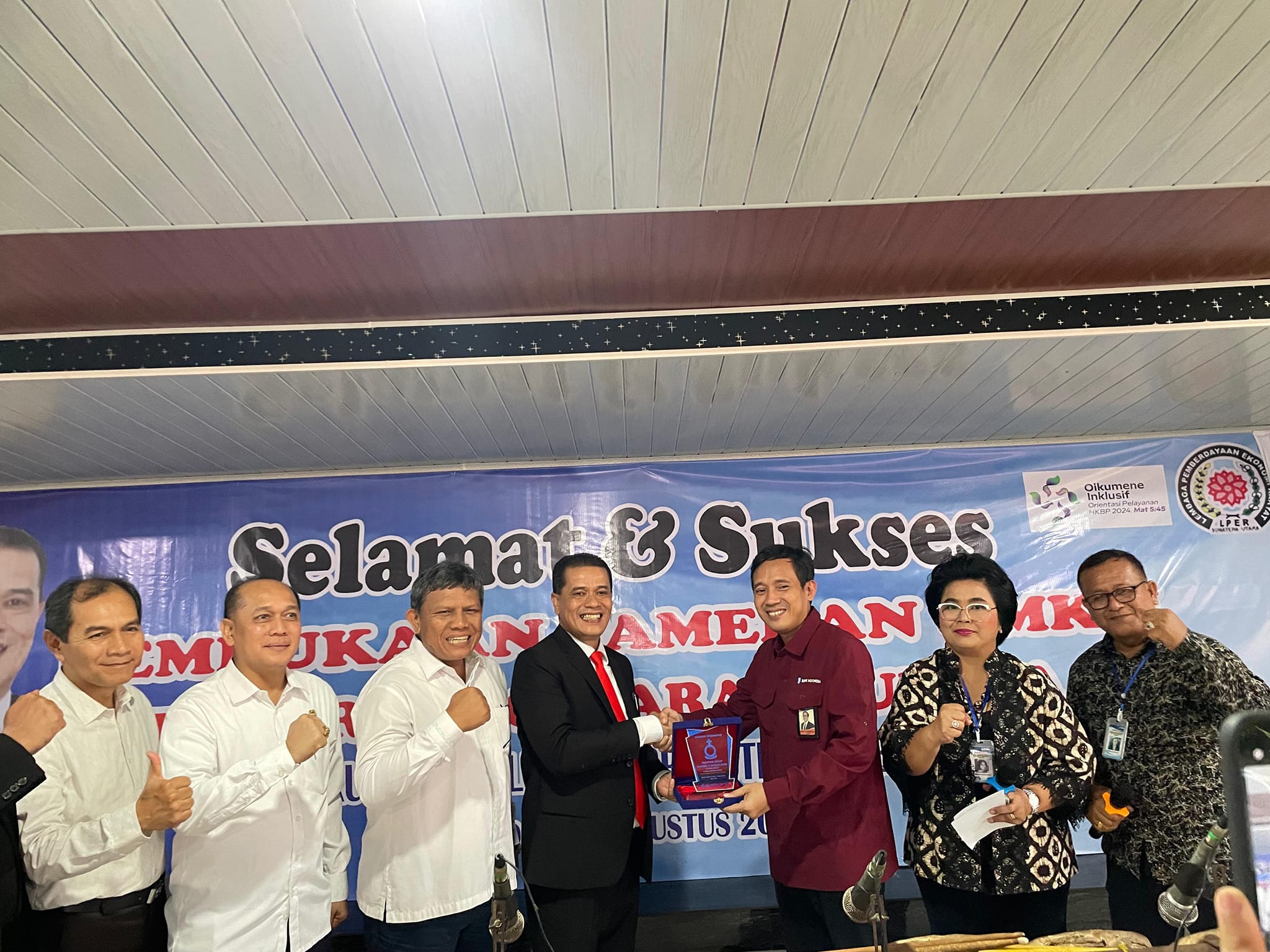
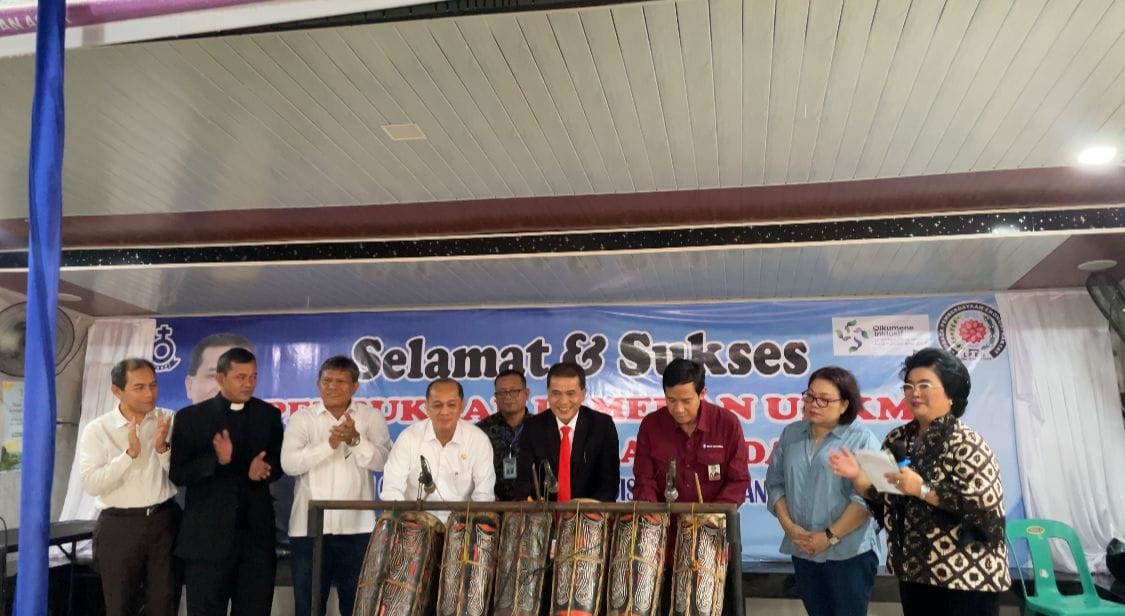


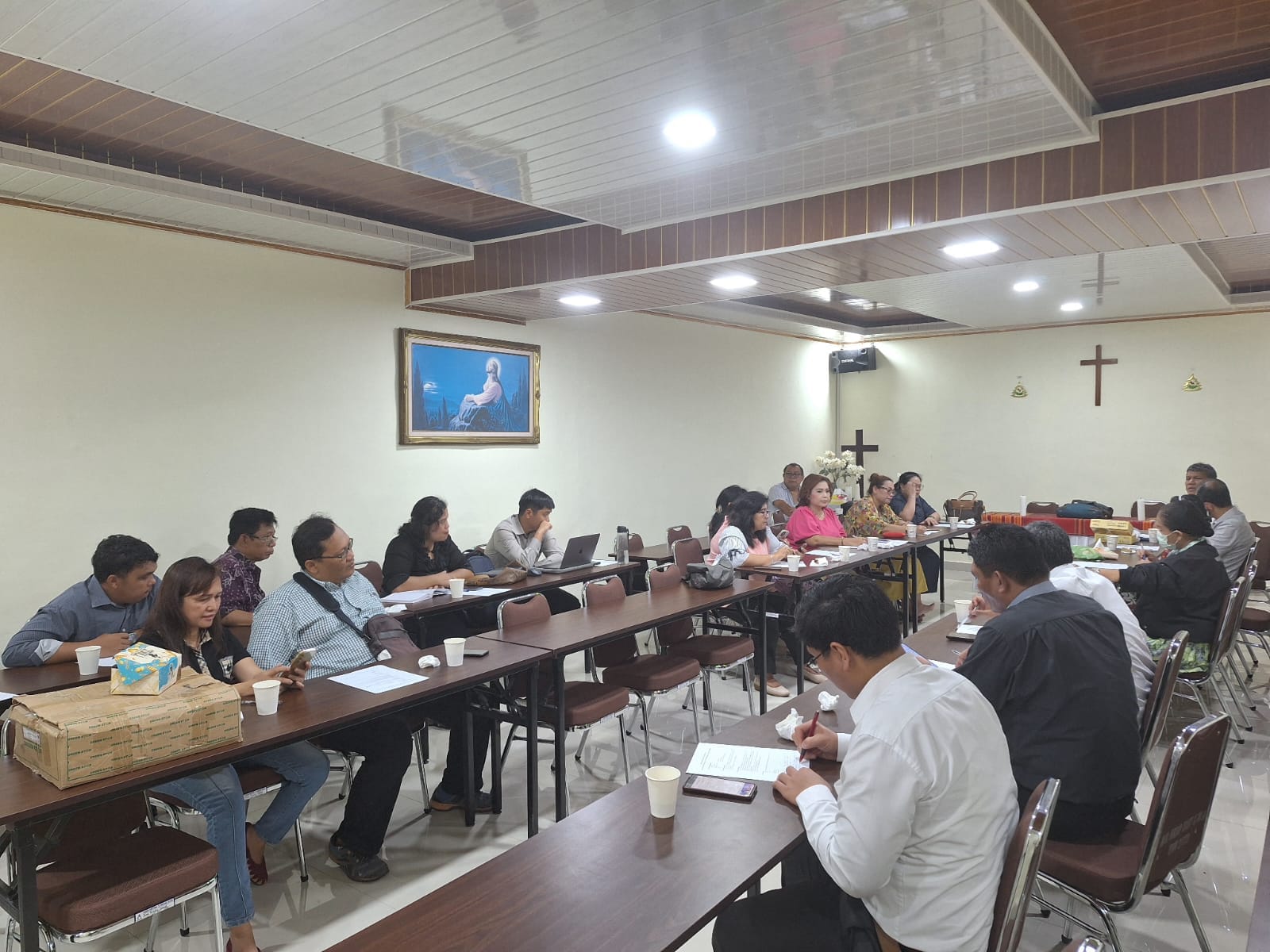
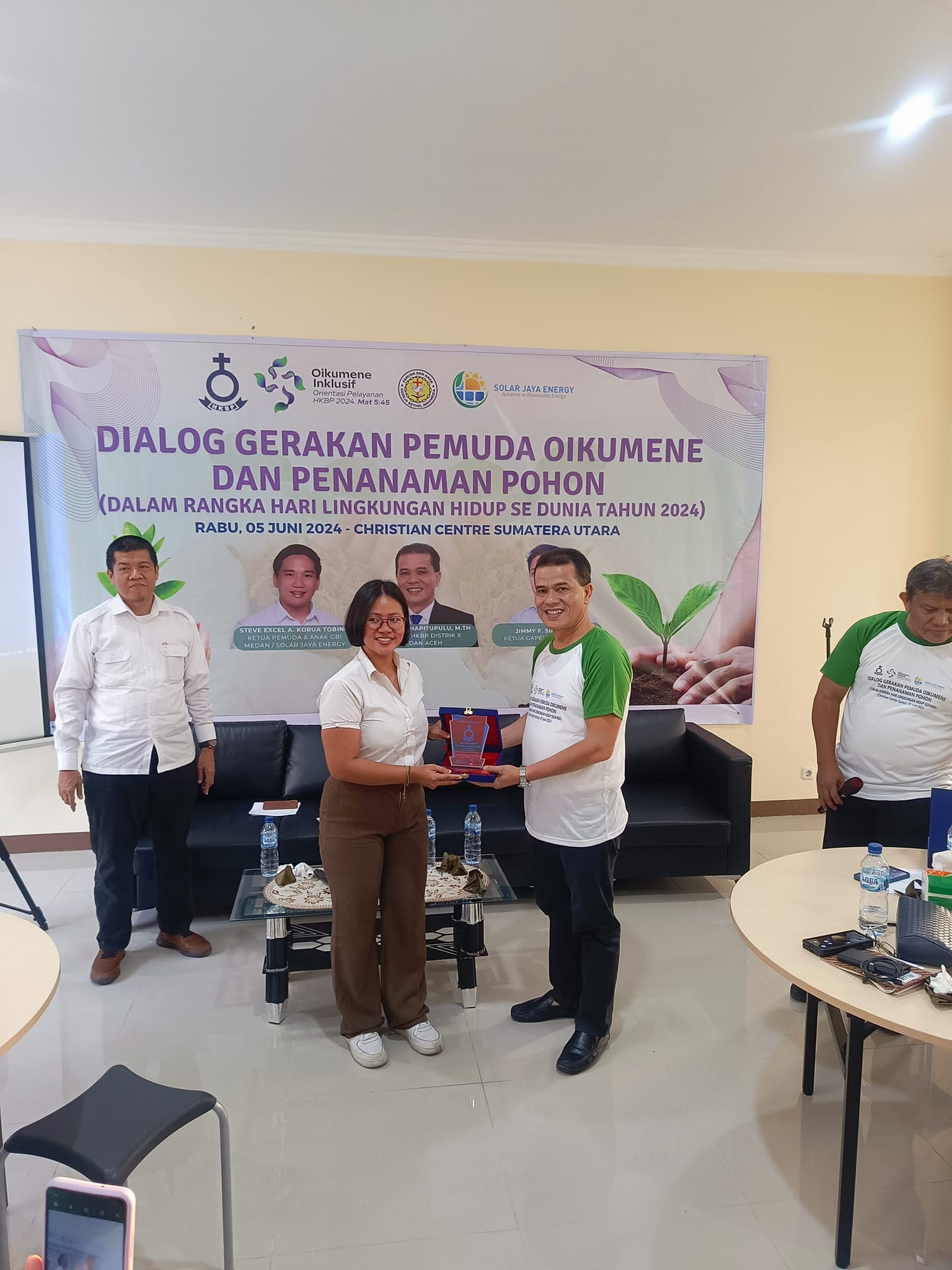
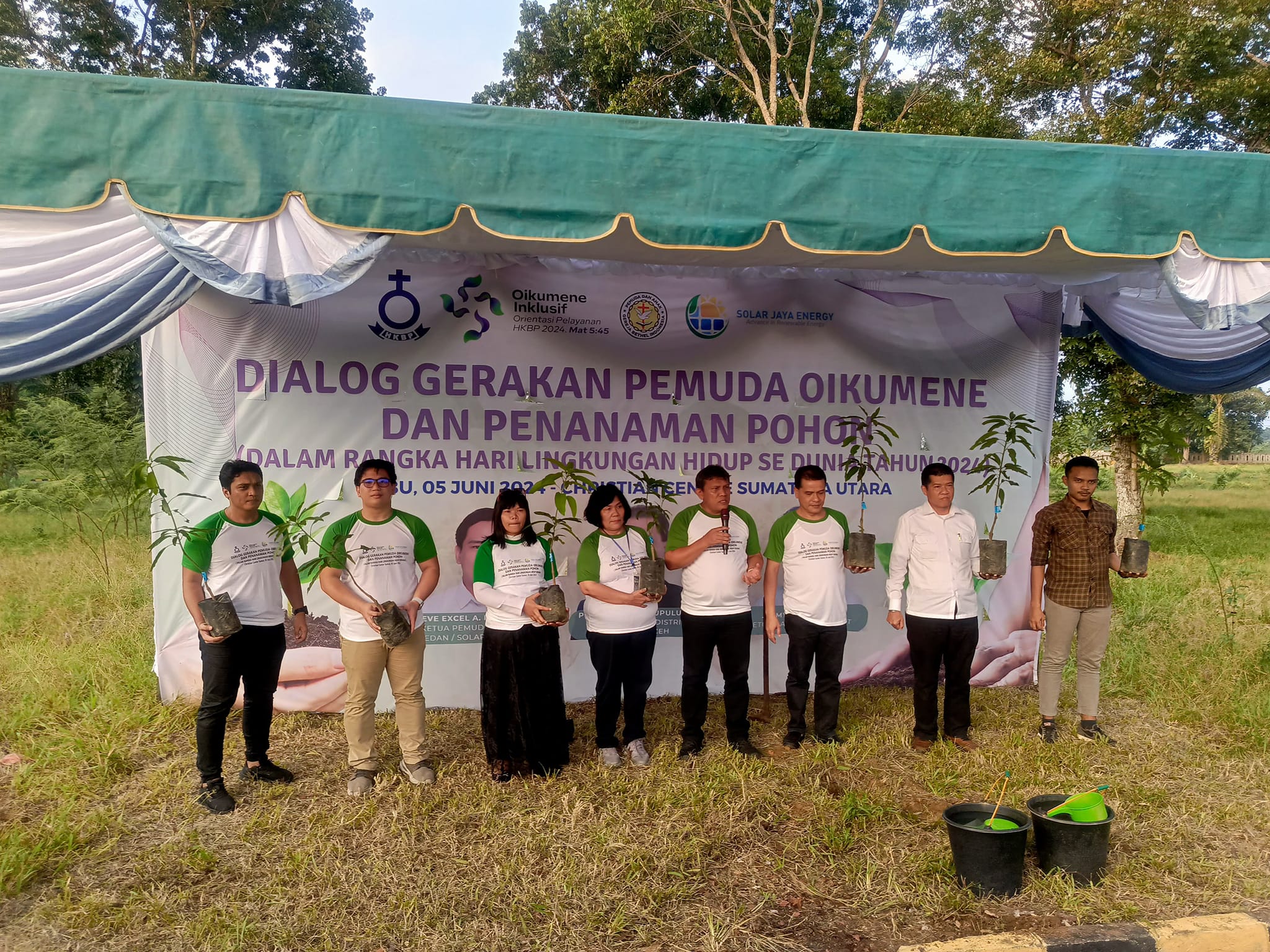
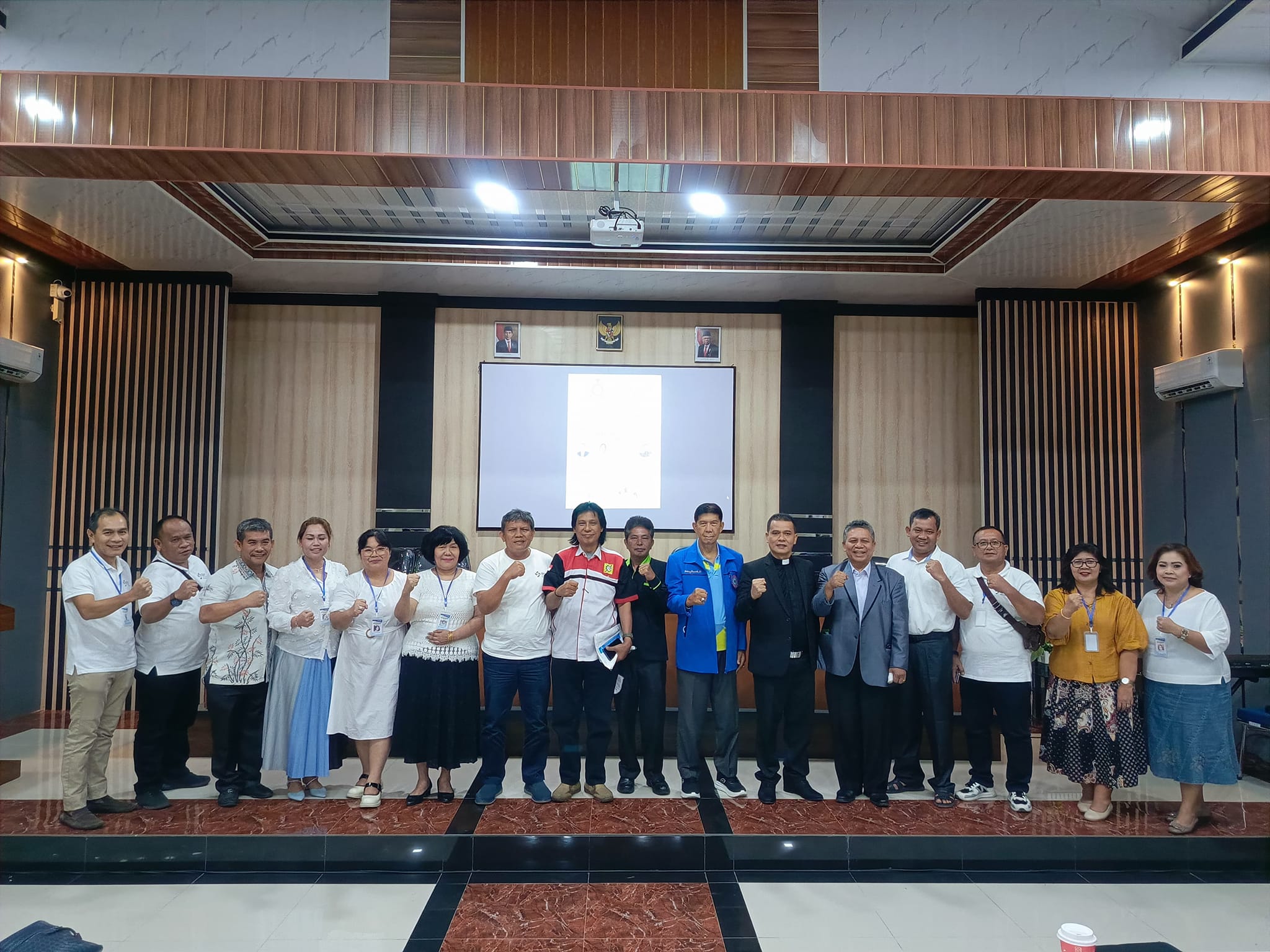


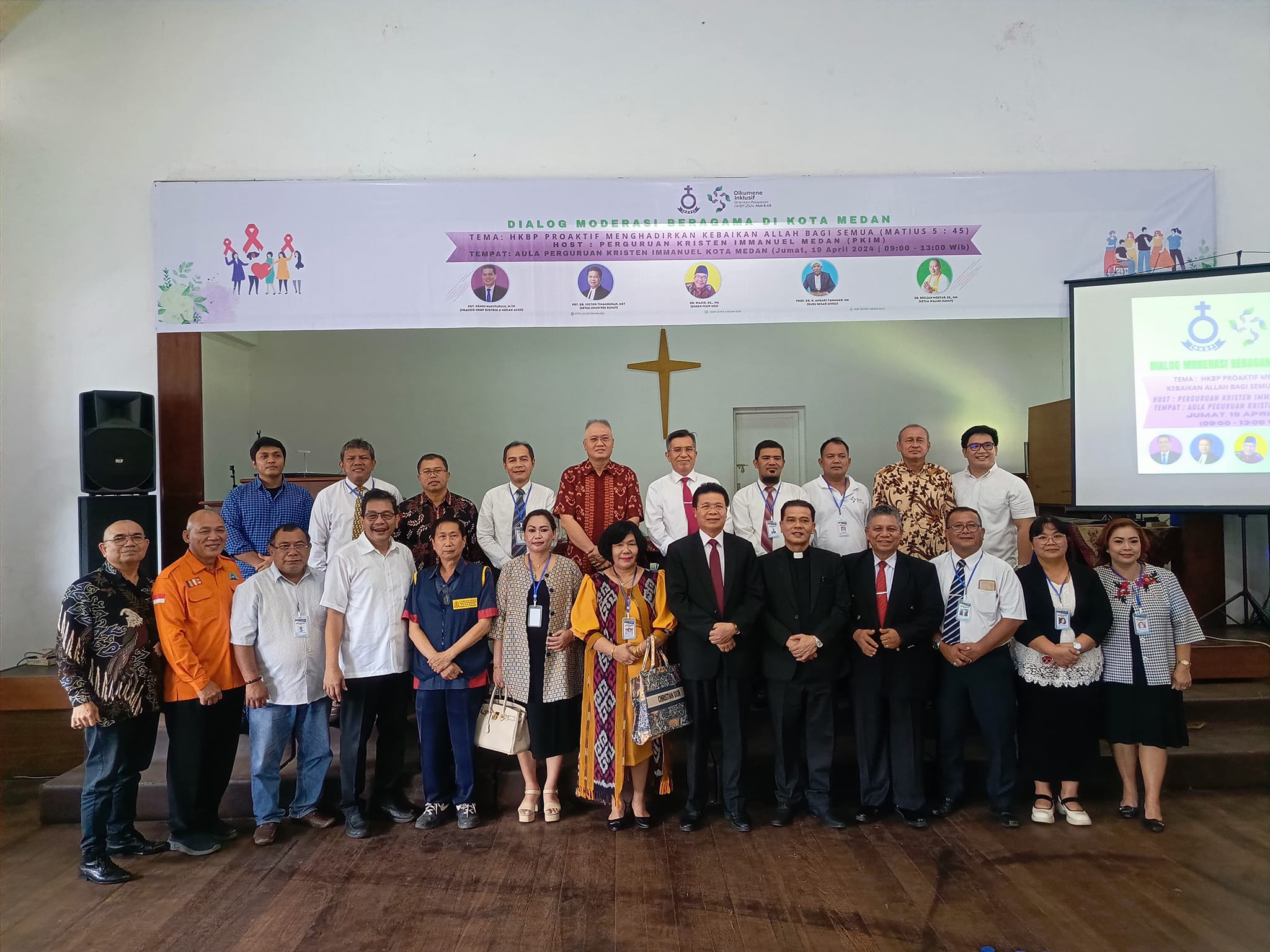
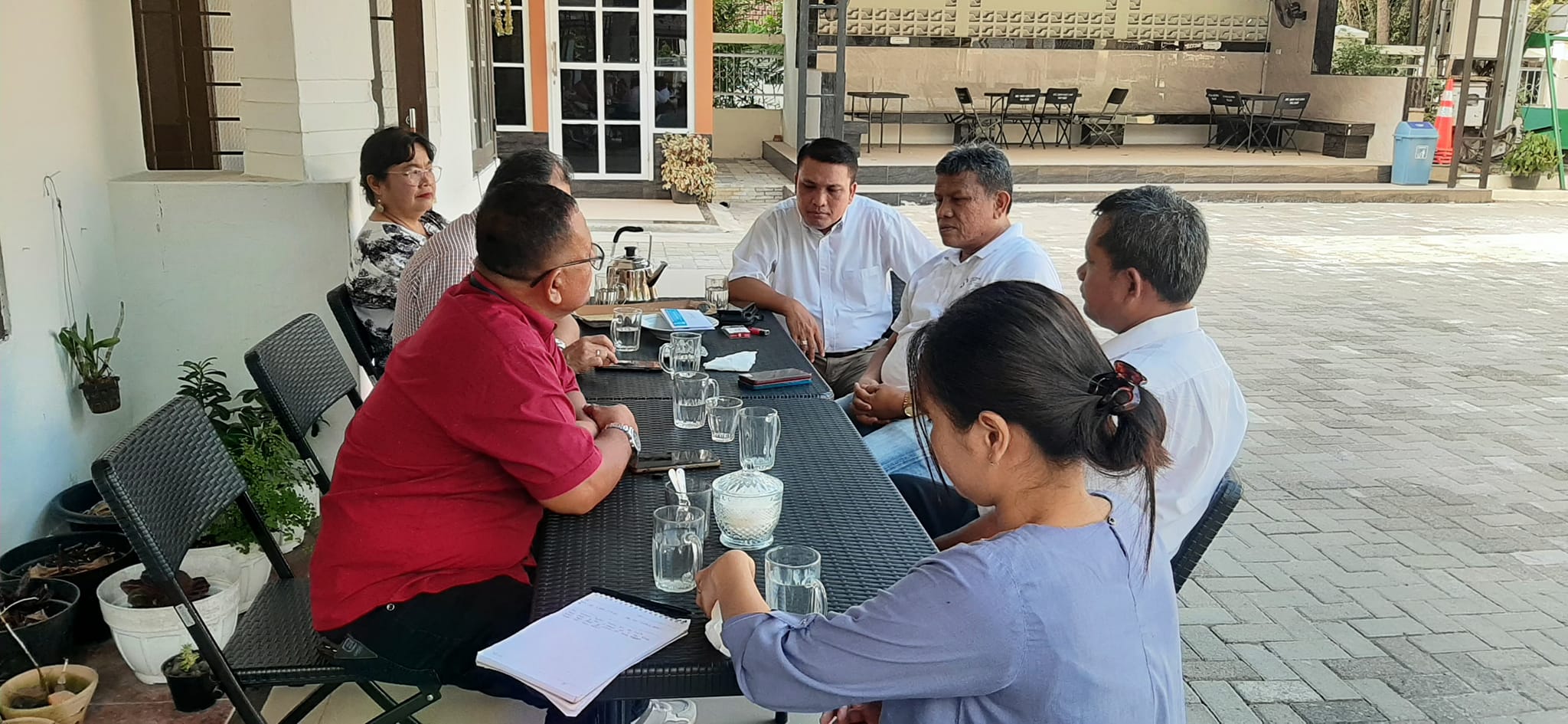
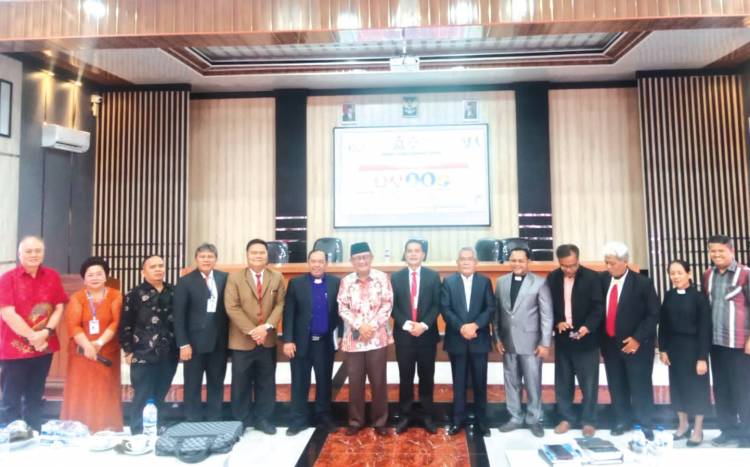
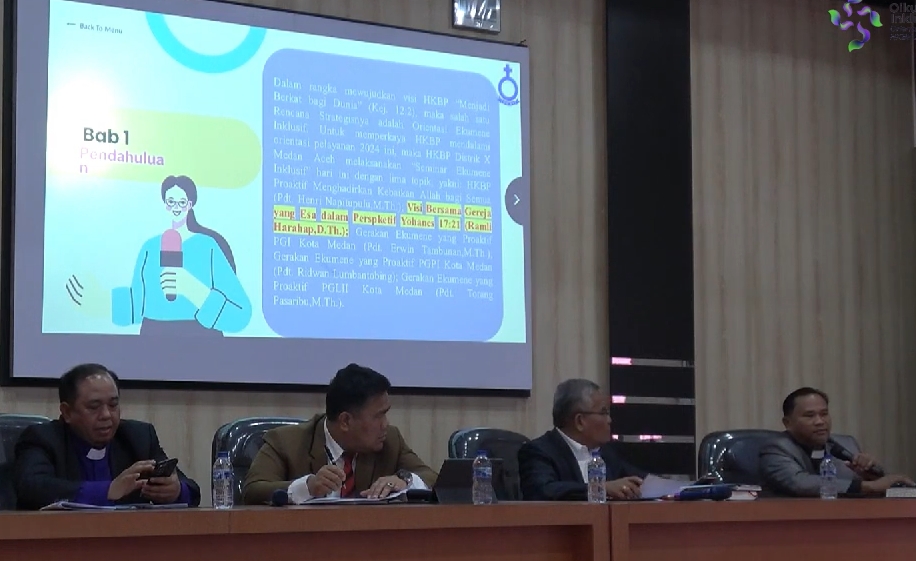
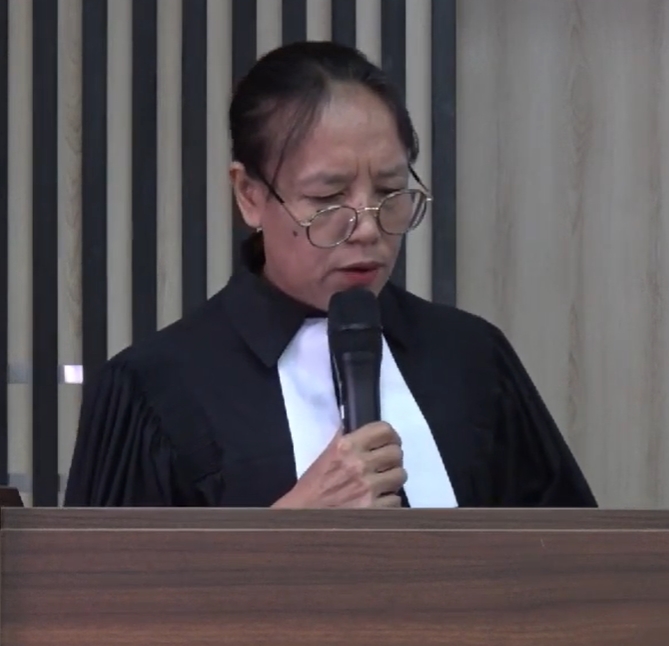
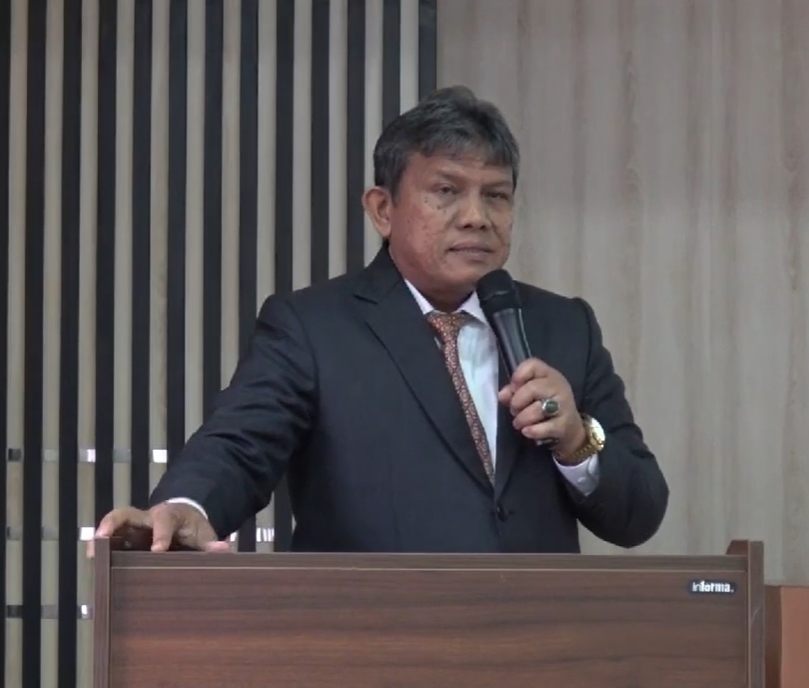
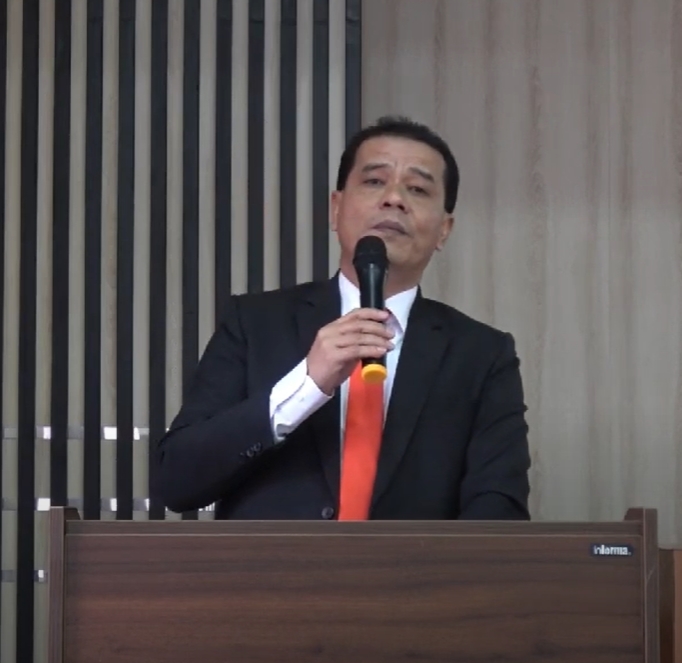

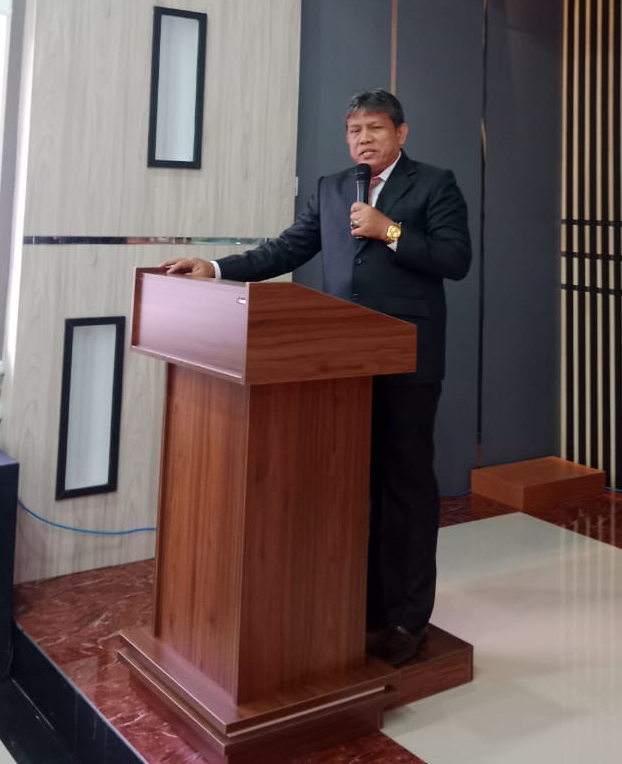

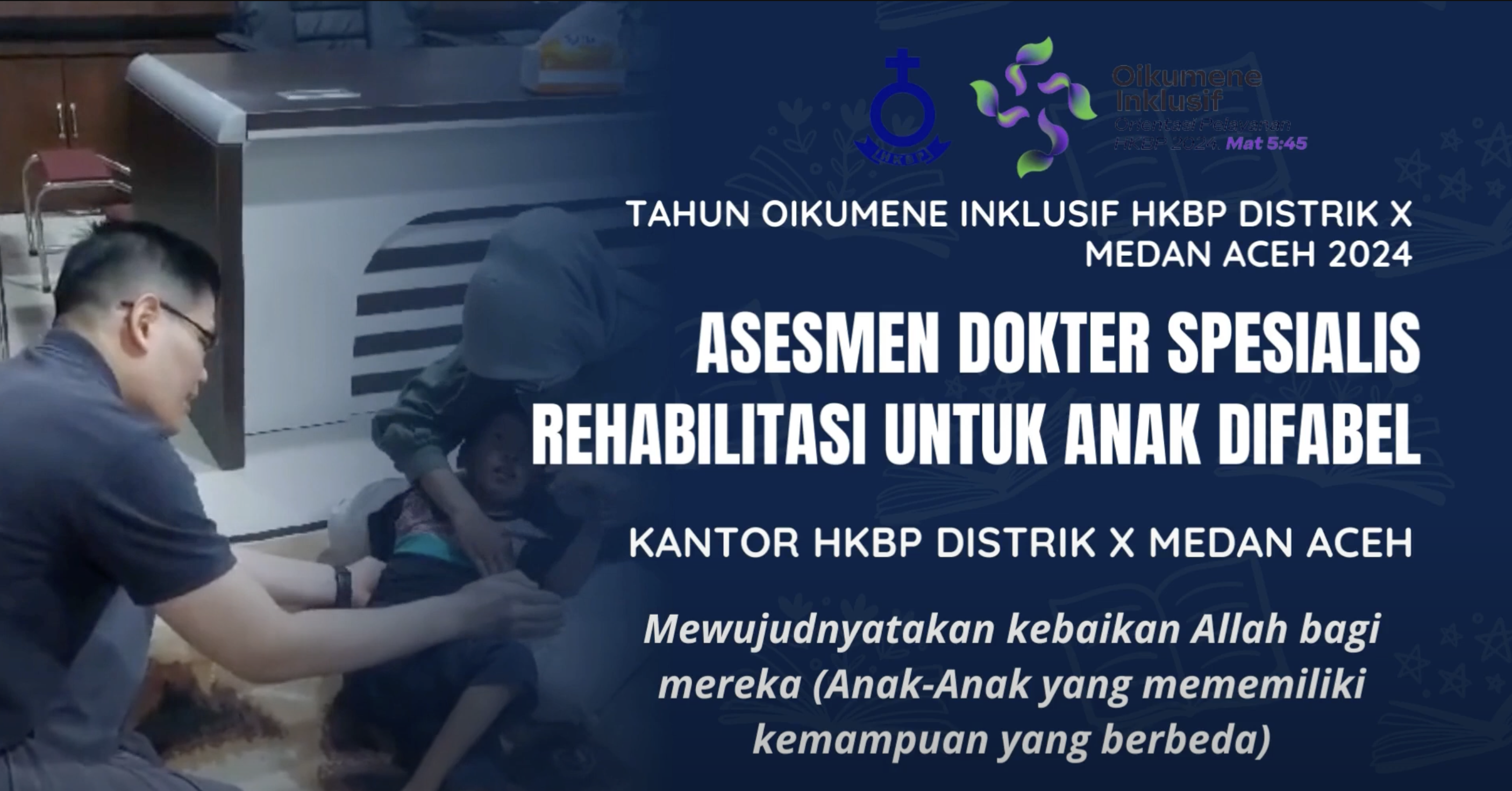
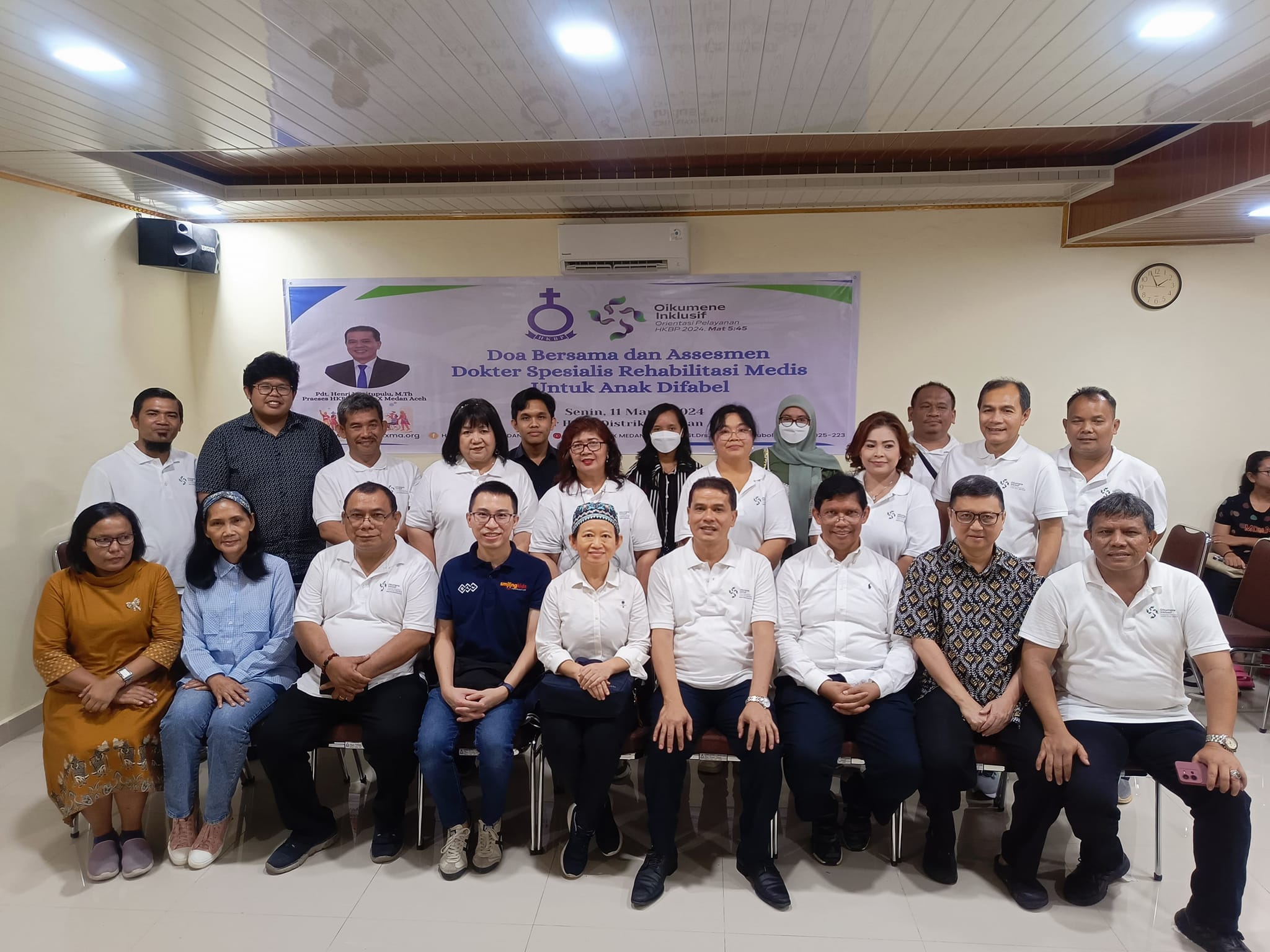
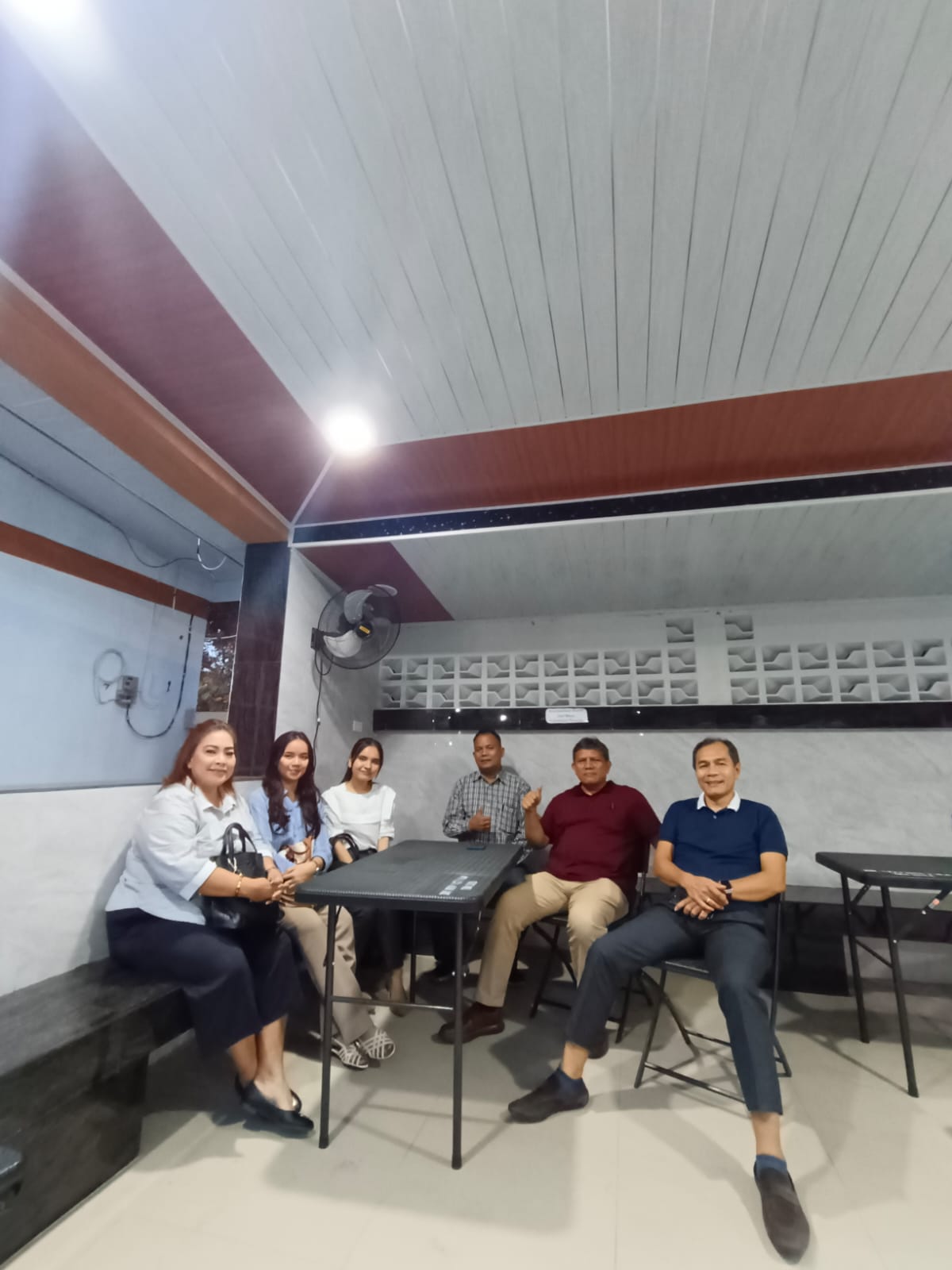
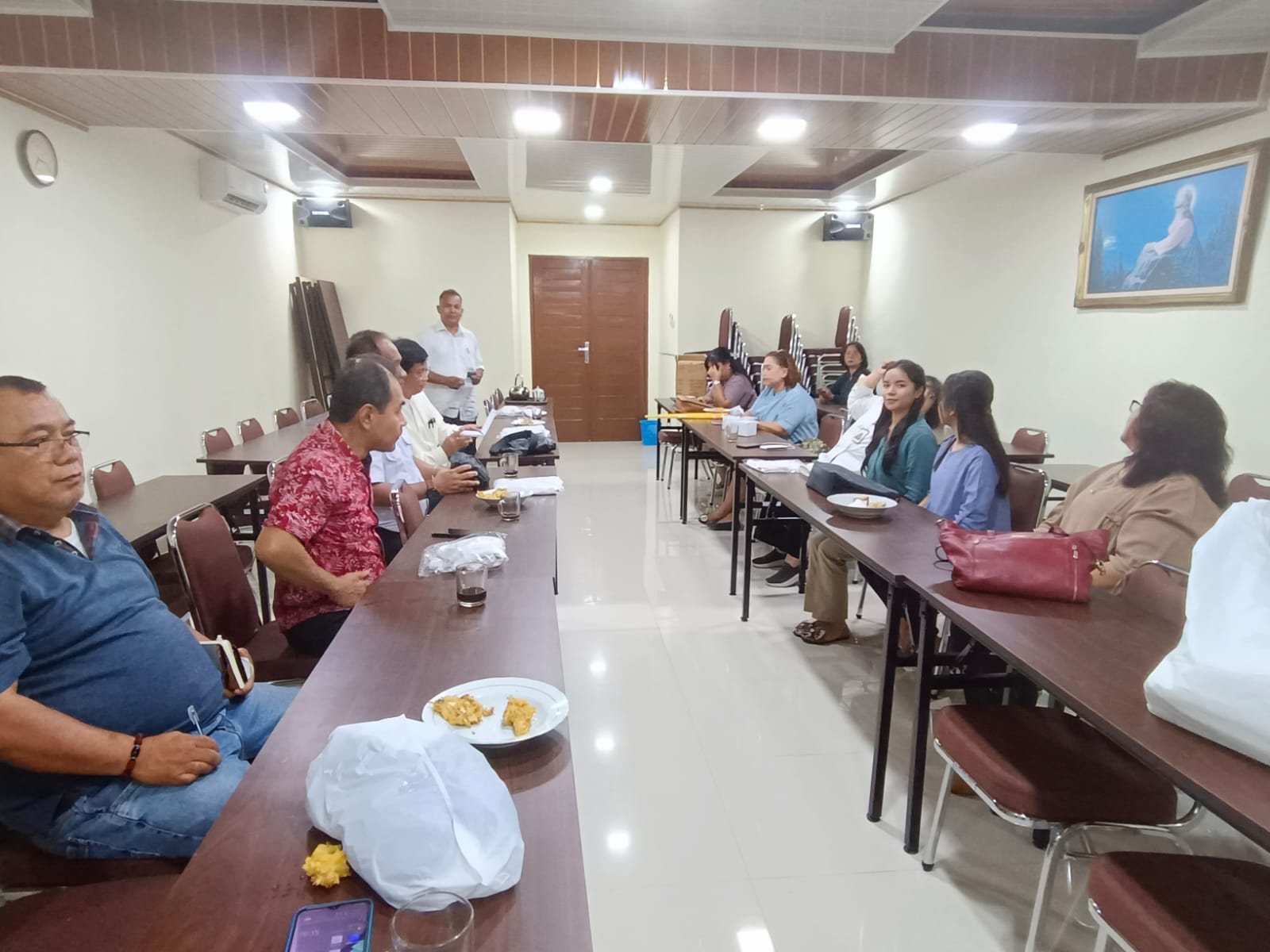
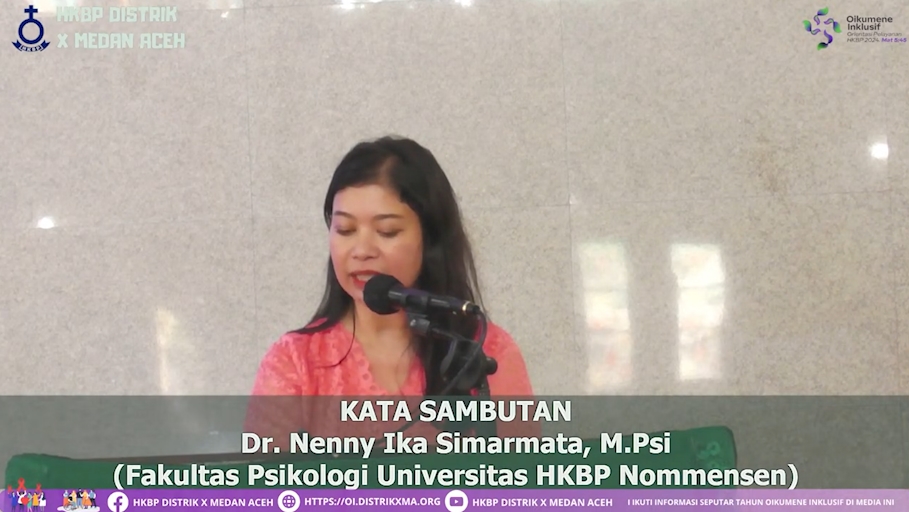
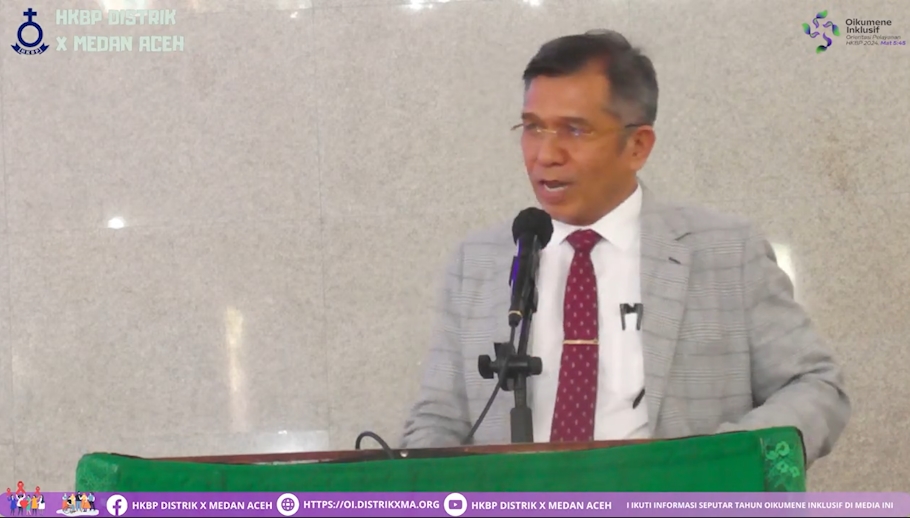
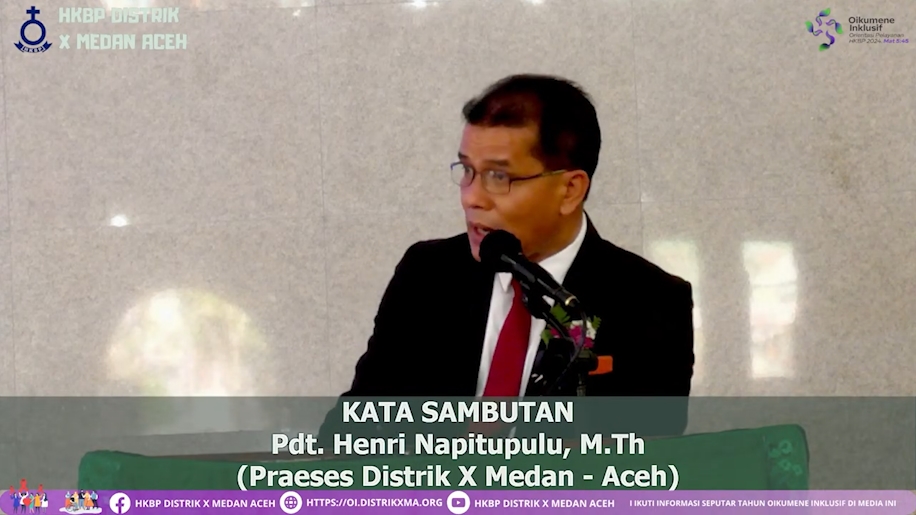
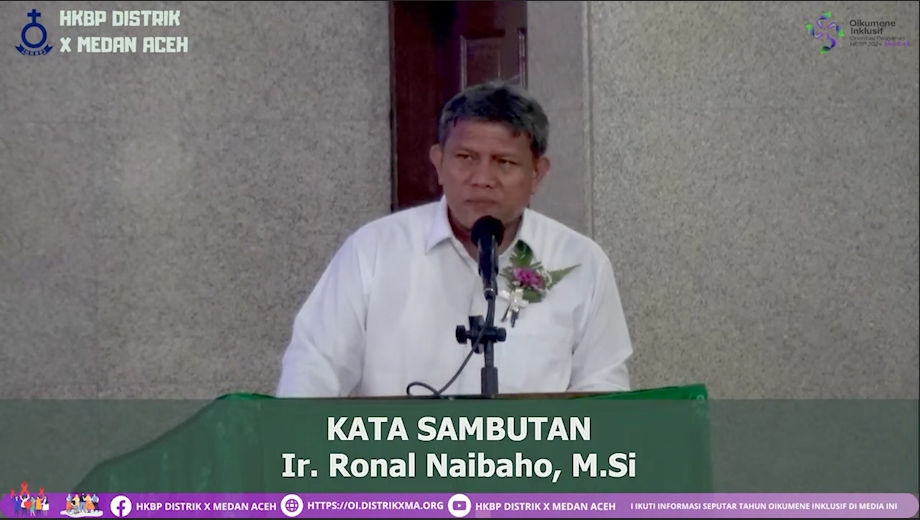
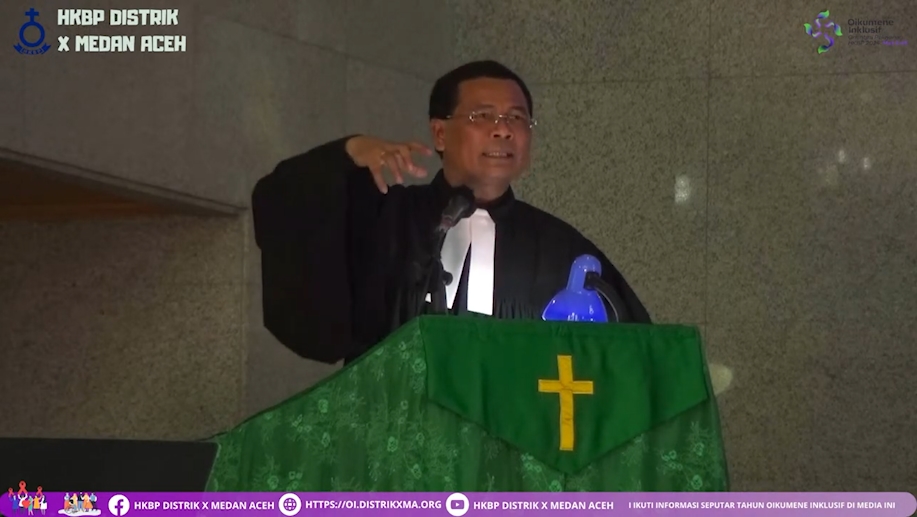
2 Comments
Having fun with belbet at the moment! Depositing was easy and I had no problem withdrawing. It’s worth checking if you’re looking for good promotions: belbet
Heard about 6ffcom through a friend – said it’s a solid platform. Gonna check it out and see what all the fuss is about. Hopefully, it lives up to the hype! Check it out 6ffcom